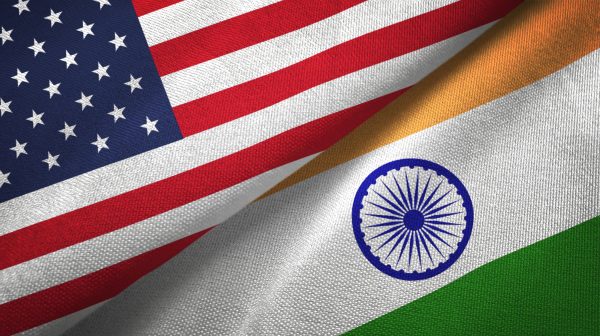India Resists US Trade Demands on Key Sectors
Rohan DesaiIndia is resisting U.S. demands for greater market access without reciprocal concessions, prioritizing domestic interests.

Amid ongoing trade negotiations, India is standing firm against what it views as "take-it-or-leave-it" demands from the United States.
The discussions, which took place in New Delhi from June 4-10, have hit a roadblock as the U. S. pushes for greater access to sensitive Indian markets without offering reciprocal concessions. With potential U. S. tariffs looming, India is prioritizing its domestic interests and economic sovereignty.
This stance highlights the complexities and challenges in forging a balanced trade agreement between the two nations.
Top 5 Key Insights:
Rejection of Unilateral Demands: India is resisting U. S. pressure to open up its dairy, agriculture, digital services, and pharmaceutical sectors without equivalent access to the U. S. market.
This firm stance underscores India's commitment to protecting its domestic industries and ensuring fair trade practices.
Focus on Reciprocity: India is emphasizing the need for a "mutually beneficial" trade deal, as outlined in the February 13 joint statement. The country seeks genuine reciprocity, with the U.
S. easing barriers for Indian labor-intensive exports like textiles, generic drugs, and IT services.
Agriculture Sector Protection: A key point of contention is the U. S. demand for tariff cuts on agricultural products like shrimp, dairy, almonds, and apples. India fears that such concessions would harm its farmers, who rely on state support and operate with narrow margins.
Healthcare Affordability Concerns: The U. S. is urging India to relax price controls on essential medical devices and pharmaceutical products. India is wary of this proposal, concerned that it could make healthcare less affordable for millions of its citizens.
Defense of Economic Sovereignty: India's firm stance signals its unwillingness to compromise its economic sovereignty for a one-sided trade agreement. The country is prepared to defend its domestic interests, even with the threat of looming U. S. tariffs.
Expert Insight:
Unnamed Indian Official: "We are seeking a trade deal that is mutually beneficial and respects our economic priorities. We cannot accept demands that would undermine our domestic industries and jeopardize the livelihoods of our citizens."
Ajay Srivastava, Delhi-based trade expert: "As Trump always blamed India's high tariffs for the trade deficit, India could offer to make 90% of US exports tariff-free from day one, using a "zero-for-zero" approach - cutting tariffs on all goods except autos and agriculture. But the deal must ensure strict reciprocity, with both sides eliminating tariffs equally."
Wrap-up:
India's firm stance in these trade negotiations reflects a broader trend of nations asserting their economic interests on the global stage. The outcome of these talks will not only shape the trade relationship between India and the U. S., but also set a precedent for future trade agreements. As both countries navigate these complex issues, the focus remains on finding a path towards a balanced and mutually beneficial partnership.
Author Bio:
Rohan Desai has dedicated 10 years to analyzing business trends, technological innovations, and international trade dynamics. His expertise spans from startup ecosystems to global economic policy.
Citations: India says no to US ‘take-it-or-leave-it’ trade demands on sensitive market access: Report
More to Explore
- Choosing a selection results in a full page refresh.
- Opens in a new window.




